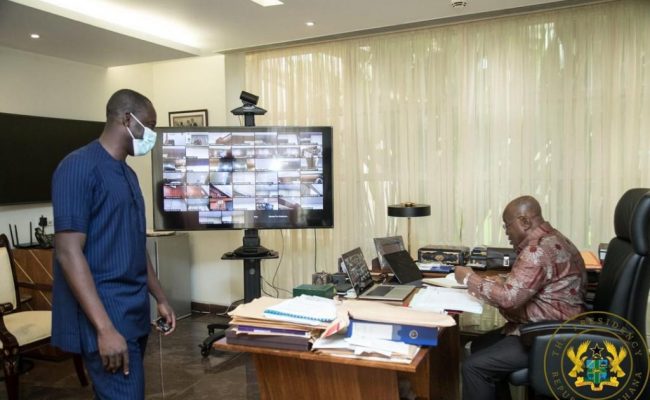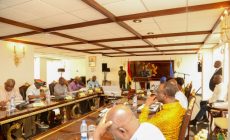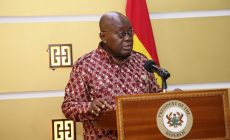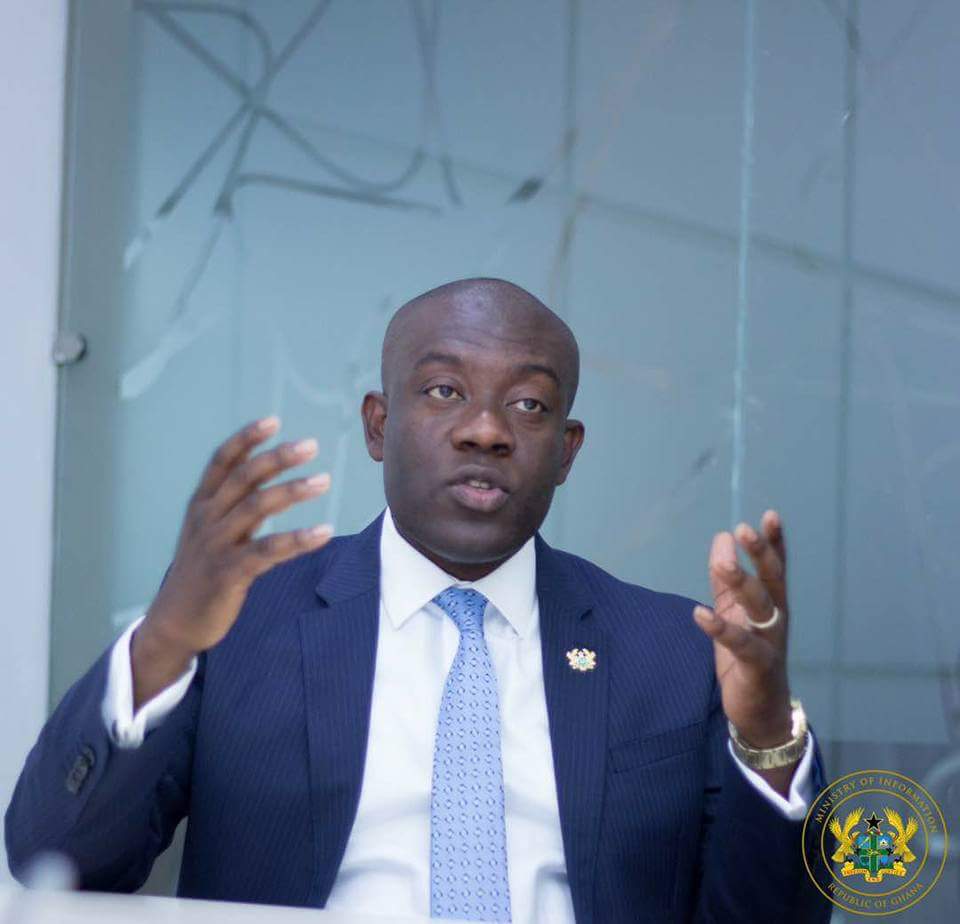Cabinet approves fresh Economic Recovery Measures
- Posted on
- Comment

The Ghanaian Cabinet has approved additional economic measures to maintain the country’s recent strides towards economic recovery.
The measures are intended to fortify growth stability and cut spending.
The decision comes as President Nana Addo Dankwa Akufo-Addo and his Cabinet ended a three-day retreat to address the country’s economy and humanitarian crisis in parts of Lower Volta resulting from a spillage of the Akosombo and the Kpong Dams.
The retreat follows the International Monetary Fund’s approval of a $600m balance of payment support tranche for Ghana following a staff agreement.
Ghana’s Information Minister, Kojo Oppong Nkrumah, highlighted the improvement of the nation’s economic indicators, citing recent fiscal consolidations, cedi stabilisation, international reserves growth and job creation.
Speaking after the three-day cabinet retreat in Peduase Lodge, the Information Minister, Kojo Oppong Nkrumah, pointed out that Cabinet was pleased with the results of the PC-Peg implementation.
He mentioned the relative stability of the economy and its recovery, adding that efforts are being made to ensure that inflation drops from its current status of 38.1%.
Mr Oppong Nkrumah further emphasised that fiscal consolidations, cedi stabilisation, jobs creation, inflation and international reserves have seen tremendous improvements.
“The major item cabinet was considering was the economy. Firstly, to examine the implementation of post-crisis economic growth.
The PC-Peg was examined to determine whether or not it was bearing the fruits that we were looking for. And secondly, to see if there are any consequential decisions to be made. The first thing that the cabinet did was to take note of the implementation of the progress of the PC-Peg and the cabinet was pleased with the results so far– The relative stability that is returning to the Ghanaian economy and the relative recovery. As you can notice, inflation is coming down, currently about 38%, it’s still high, but there’s a combination of efforts to ensure that it comes down a bit more. The cedi is largely stabilised. The International Reserves position is gradually improving and most importantly, fiscal consolidations are being achieved. Between last year and this year, it’s been achieved.”
He emphasised, “Growth and jobs are also picking up and expect more jobs, particularly, for the young people. The cabinet took note of the progress of the implementation post-crisis for economic recovery.
This is a programme we are developing, and we needed IMF support. Cabinet is pleased with the implementation. Cabinet has also approved some further economic measures, aimed at further consolidating the stability that we are beginning to see and ensuring that we get a lot more growth expansions and jobs. 2024 is about deepening the stability.”
“We are also trying to bring some spending controls.
That means that we are going to be tightly spending within the revenue limit of the country,” Mr. Oppong Nkrumah added.
By Vincent Kubi










 (Selorm) |
(Selorm) |  (Nana Kwesi)
(Nana Kwesi)